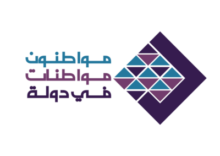Organization
- The revolutionary political organization, which decisively contributes to the change of the existing system, includes participants deliberately volunteering in a project which is simultaneously of humanist, personal and public interest in nature. It fundamentally differs from any economic, administrative or symbolic institution. In all those institutions, dealing with individuals is based on their materialistic and moral desires which are supposedly known in advance. The commitment of individuals is limited to tasks and functions assigned to them by the authority that is at the foundation of the institution’s existence. The individual submits to this authority when it assigns to him functions which meet his desires, but also because he is convinced of the privilege of this authority to impose such a constraint. In other terms, he accepts its legitimacy.
- The commitment to a humanist and political revolutionary project defines itself and is the objective in itself. By simply committing to the project, members know de facto their function which is nothing but their objective as well as the objective of the organization. The organization itself is a matter of choices that may be right or wrong. It is also a matter of resources that may suffice or not. Obviously, it faces the constant risk of confusing the ends with the means put in place to serve them. In such situations , institutional roles may overtake the objective itself and would lead to the pre-eminence of an administrative approach.
- Every organizational distribution of tasks is a distribution of the resources on the battleground. This distribution is in itself a political act. Confrontation is justified by the emergence of contradictions at the heart of the societal system of authority which the organization attempts to exploit. The optimal organization is the most capable of manipulating the societal framework of authority as entry points to harness the contradiction mechanisms within it.

